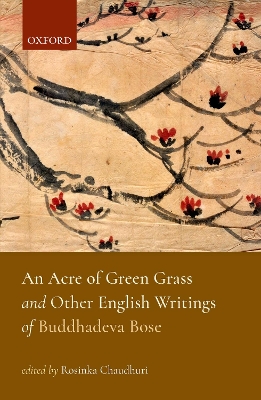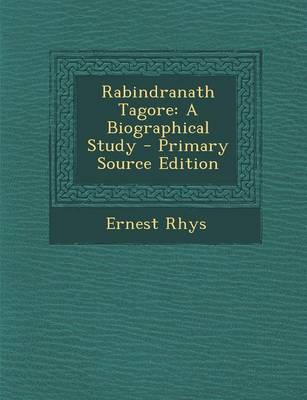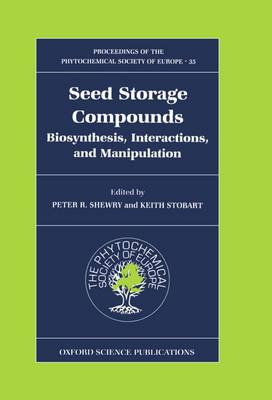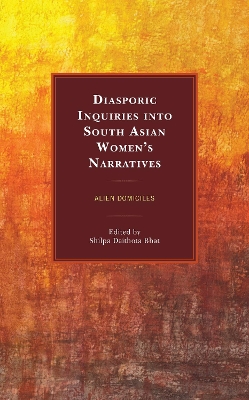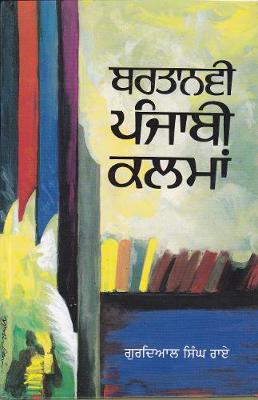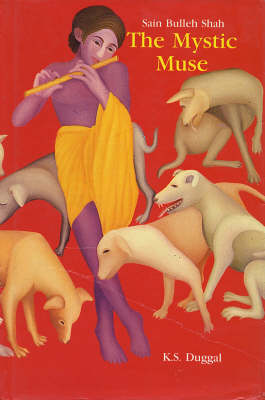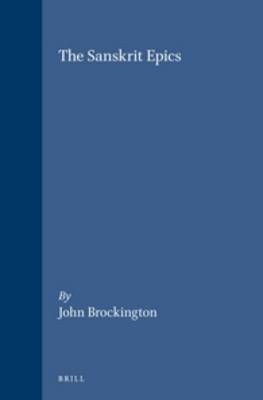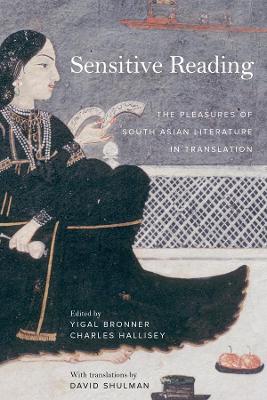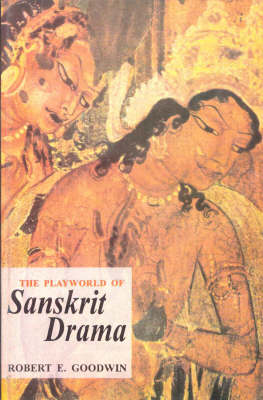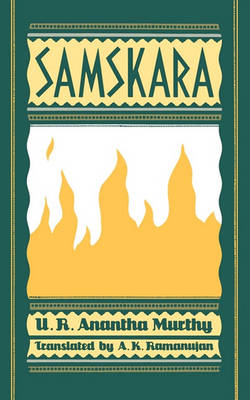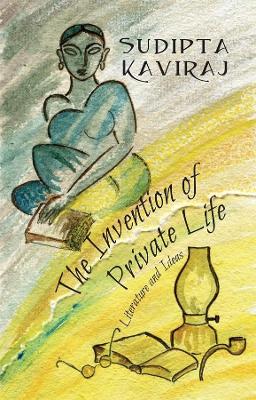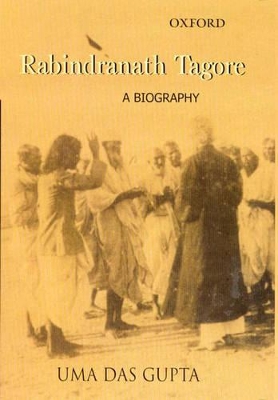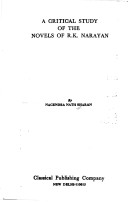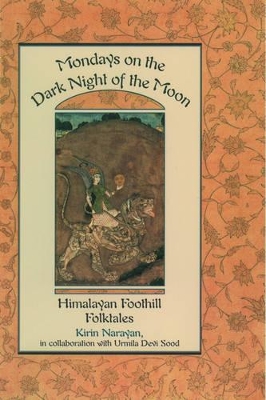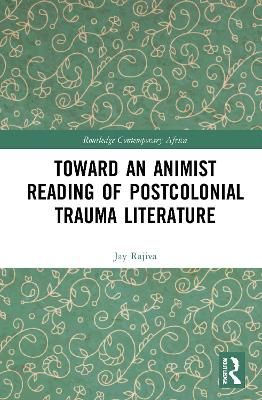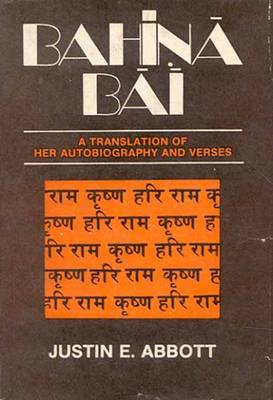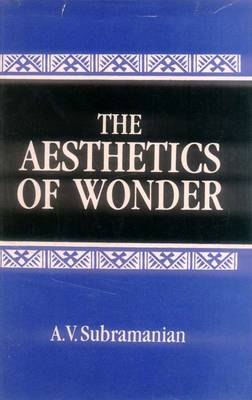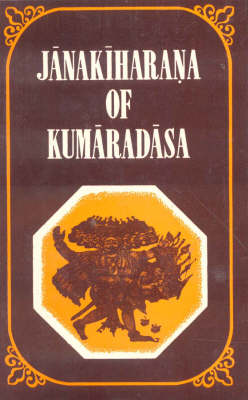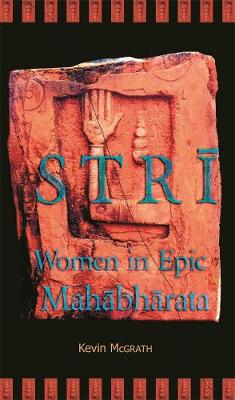An Acre of Green Grass
Buddhadeva Bose (1908-1974) is known to readers of Bengali as perhaps the greatest and most versatile talent in the Bengali literary sphere succeeding Tagore. Poet, playwright, novelist, short-story writer, literary critic, and essayist of great distinction, he is one of the most important literary personalities of twentieth century Bengali literature. Few realize that Buddhadeva Bose was also one of the best writers of English prose in modern Indian writing in English. An Acre of Green Grass br...
Seed Storage Compounds (Proceedings of the Phytochemical Society of Europe, #35)
A definitive up-to-date account of the major seed storage products This volume brings together experts on the three groups of seed storage compounds: proteins, lipids, and starch. It provides a much-needed summary of the current state of knowledge of the biosynthesis and cell biology of the compounds. It also discusses their interactions, and the mechanisms by which the plant may regulate the partitioning of carbon into lipid or starch. The book provides a synopsis of the exciting new developm...
Diasporic Inquiries into South Asian Women's Narratives
The South Asian women's diaspora engages in spatio-temporal interactions and power differentials in a variety of narratives, articulating agency, multiplicities of belonging and culturally integrative practices, highlighting homing paradigms. The sense of alienness in a new homeland, rather in worldwide home places, triggers rethinking of diasporic conceptions and epistemes of individual and group histories, personal and collective experiences. Some of the questions that this anthology seeks to...
The Sanskrit Epics (Handbook of Oriental Studies. Section 2 South Asia, #12)
by John Brockington
Mahabharata (including Harivam sa) and Ramayan a, the two great Sanskrit Epics central to the whole of Indian Culture, form the subject of this new work. The book begins by examining the relationship of the epics to the Vedas and the role of the bards who produced them. The core of the work, a study of the linguistic and stylistic features of the epics, precedes the examination of the material culture, the social, economic and political aspects, and the religious aspects. The final chapter prese...
Sensitive Reading
A free open access ebook is available upon publication. Learn more at www.luminosoa.org. What are the pleasures of reading translations of South Asian literature and what does it take to enjoy them? This volume explores these questions by bringing together a whole set of new translations by David Shulman, noted scholar of South Asia. The translated selections come from a variety of Indian languages, genres, and periods, from classical to current. They are accompanied by short essays especially...
The essays in this volume, which lie at the intersection of the study of literature, social theory, and intellectual history, locate serious reflections on modernity's complexities in the vibrant currents of modern Indian literature, particularly in the realms of fiction, poetry, and autobiography. Sudipta Kaviraj shows that Indian writers did more than adopt new literary trends in the nineteenth and twentieth centuries. They deployed these innovations to interrogate fundamental philosophical qu...
Shashi Tharoor is once again at his provocative best. In the title essay, we learn the steep price paid by some Iraqis just to obtain a book; what does it mean when selling books, essentially selling culture, out of one's own library is the only way to put bread on the table? Later, Tharoor reminisces about growing up with books in India and the central position of classics like the Mahabharata in developing his own literary identity. The poignant homage to Chilean poet Pablo Neruda recalls his...
Nobel Prize laureate Rabindranath Tagore (1861-1941) is known to us today primarily as a poet and litt rateur. Not many people, though, are aware of the vital significance of his efforts in the field of education and rural reconstruction. He loved the people of his country and strove for the rights of the rural poor to dignity and social justice. A pioneer in the field of education, he gave the last forty years of his life towards creating Visva-Bharati, an institution in rural Bengal, envisione...
Narayan presents 21 stories learned and told orally by one woman, Urmila Devi, in Kangra, North India. Included are stories told for worship and stories told for entertainment. In the process of recounting the stories, Narayan brings to life her friendship with the storyteller, and also offers important arguments about oral traditions and performance, as well as about North Indian families and folklore.
Toward an Animist Reading of Postcolonial Trauma Literature (Routledge Contemporary Africa)
by Jay Rajiva
This book uses the conceptual framework of animism, the belief in the spiritual qualities of nonhuman matter, to analyze representations of trauma in postcolonial fiction from Nigeria and India. Toward an Animist Reading of Postcolonial Trauma Literature initiates a conversation between contemporary trauma literatures of Nigeria and India on animism. As postcolonial nations move farther away from the event of decolonization in real time, the experience of trauma take place within and is generat...
This book is a study of heroic femininity as it appears in the epic Mahabharata, and focuses particularly on the roles of wife, daughter-in-law, and mother, on how these women speak and on the kinship groups and varying marital systems that surround them. It portrays those qualities that cohere about women in the poem, which are particular to them and which distinguish them as women, and describes how women heroes function as crucial speakers in the generation and maintenance of cultural value a...
Rabindranath Tagore
This collection provides a lucid introduction for those unfamiliar with Tagore's work, while simultaneously presenting importnat new scholarship and novel interpretation. Rabindranath Tagore is considered the greatest modern writer of India. He is also one of the great social and political figures in modern Indian history. After he received the Nobel Prize for literature in 1913, Tagore's reputation in the West has been based primarily on his mystical poetry. But beyond poetry, Tagore wrote nove...
